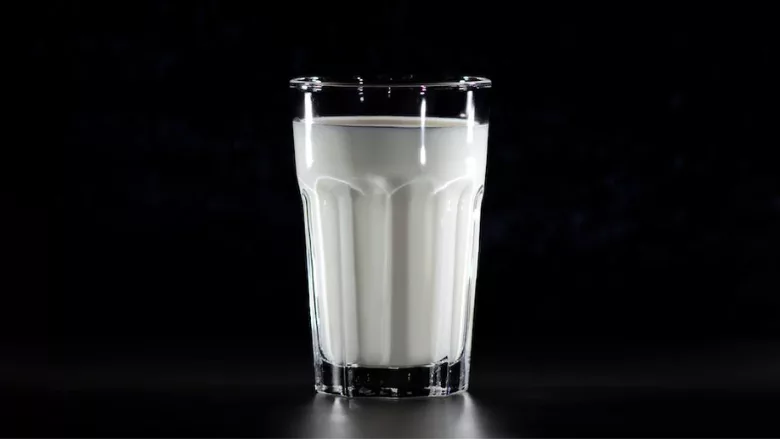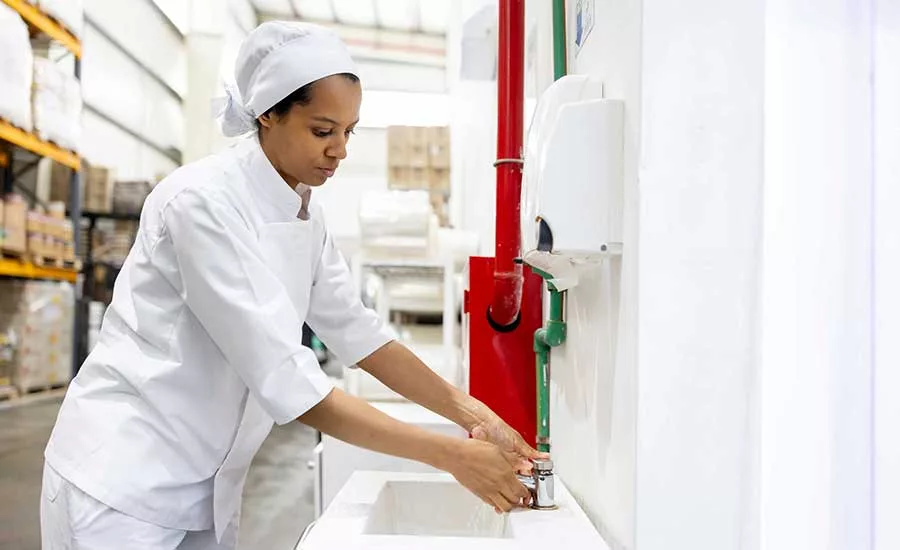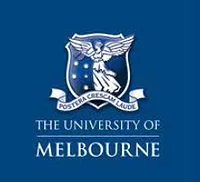Researchers Use Micro-Robots to Isolate and Eliminate Foodborne Pathogens

Credit: Alexas Fotos (alexasfotos) via Pexels
Researchers from the University of Chemistry and Technology, Prague have developed a way to remove Staphylococcus aureus from milk using magnetic micro-robots (MagRobots). The researchers believe that the technology can be successfully adapted to other foodborne pathogens and scaled for industry use in food production.
The researchers chose to test their MagRobots against S. aureus as it cannot be easily eliminated from food with traditional techniques such as pasteurization. The pathogen also produces immunoglobulin binding proteins, which can be used to selectively bind pathogenic bacteria for isolation and identification without attracting harmless and beneficial bacteria.
Loaded with immunoglobulins and deployed into a milk solution, the MagRobots were able to bind to proteins present in S. aureus cells, attracting and removing the pathogen without disturbing the strain of Escherichia coli that was also added to the milk for control purposes.
In addition to being useful for the removal and elimination of pathogenic bacteria from food products, the researchers believe that the MagRobots could also be useful in isolating bacteria for determination and quantification. The MagRobots are also capable of entering hard-to-reach places within a dairy production facility and operating wirelessly.
Finally, the MagRobots could be modified to remove foodborne bacteria other than S. aureus that produce immunoglobulin binding proteins, and the technology could be scaled at a low cost for widespread industry use.
Looking for quick answers on food safety topics?
Try Ask FSM, our new smart AI search tool.
Ask FSM →









